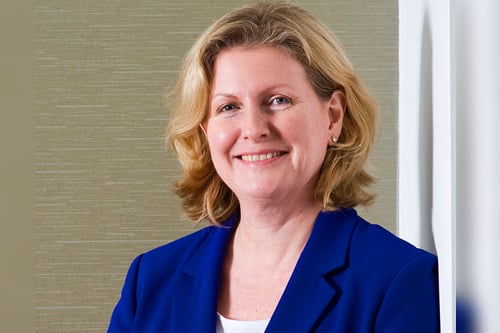

Including the employer’s pension contribution in gender pay gap reporting, as well as equipping young women to make financially informed study choices – these are just two of the recommendations set out by Insuring Women’s Futures, which brought together 150 financial services professionals to collate data and form a plan aimed at improving female financial resilience.
At an event in Waterloo yesterday (November 19), the Chartered Insurance Institute-led initiative unveiled what actions will be taken by insurers, professional bodies, guidance services, and financial advisers in support of empowering women to take hold of their financial futures.
It was revealed that insurers have committed to offer flexible working and to develop inclusive practices for all consumers, while the government will be lobbied for changes to auto-enrolment, pension freedoms, and sharing rules. These are to make sure that the gender pay gap, motherhood, caring, and relationship breakdowns do not create impoverished female pensioners.
Recommendations also include setting out a strategic priority for financial guidance bodies to promote gender-inclusive financial engagement and wellbeing approaches; creating a national conversation around care including carers’ pensions; collecting and using gender-disaggregated data to inform policy and supervision; and the use of the themes of Insuring Women’s Future’s Financial Wellbeing Guide by guidance providers.
“By focusing on key moments that matter interventions across the female financial life journey, together we have the power to make practical, meaningful, and lasting change,” asserted Insuring Women’s Futures co-founder Jane Portas.
“These cross-cutting recommendations present an opportunity for each and every one of us to act in the ‘moment that matters’ and by doing so we will all benefit from change.”
Conceding that the challenge won’t be resolved overnight, Insuring Women’s Futures chair and CII chief executive Sian Fisher (pictured) stated: “We know some of the issues needing to be addressed are deep-rooted and will take time to have full effect. We need to empower people to come together to talk about their financial life.”
